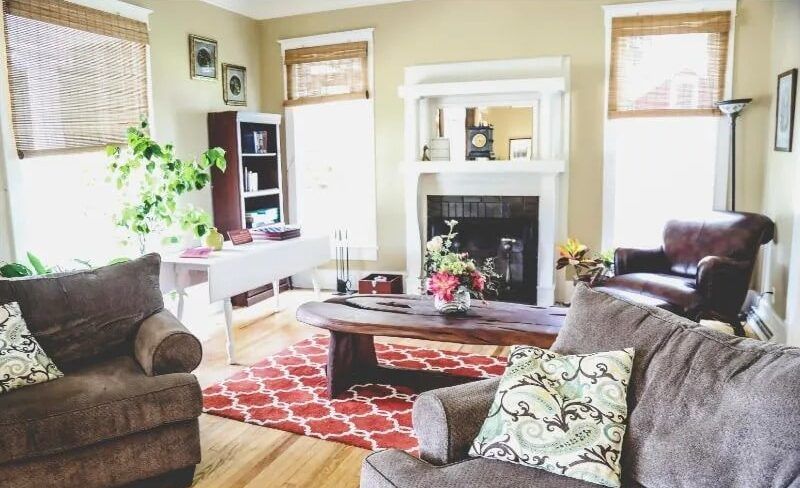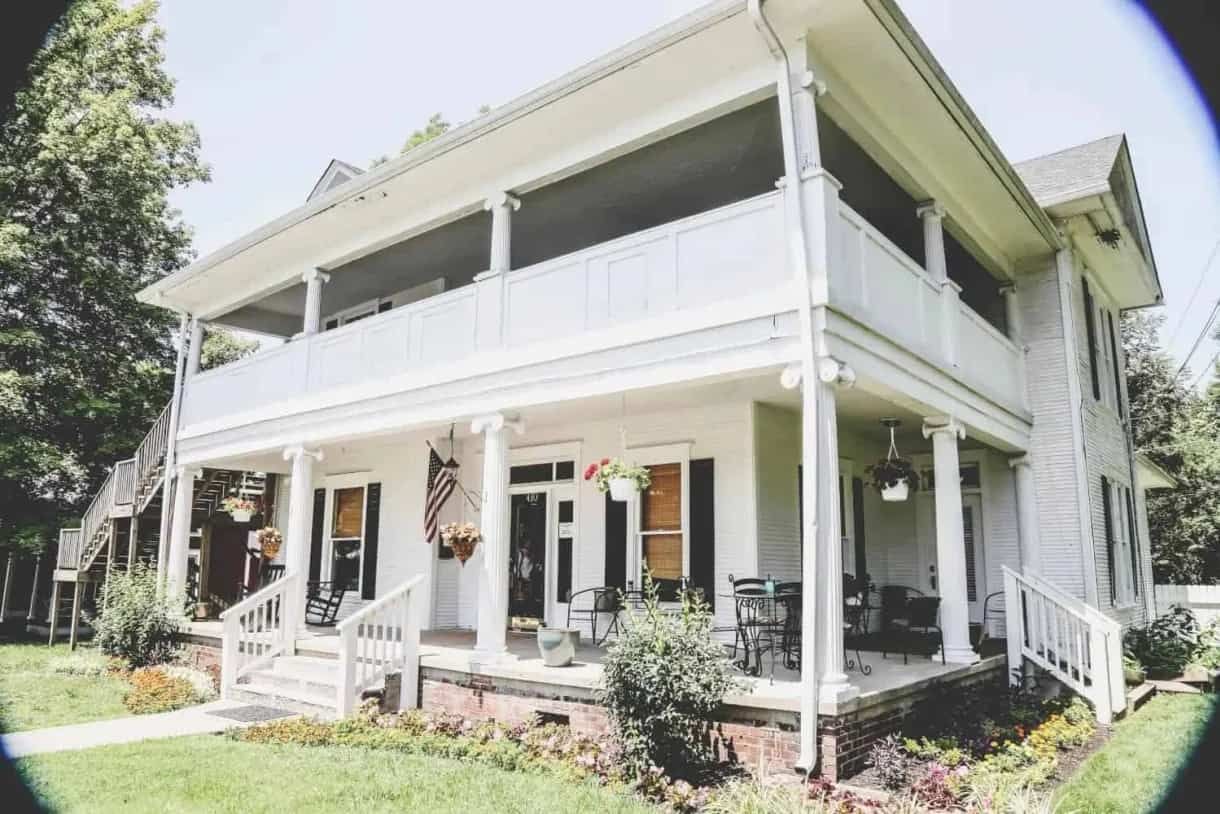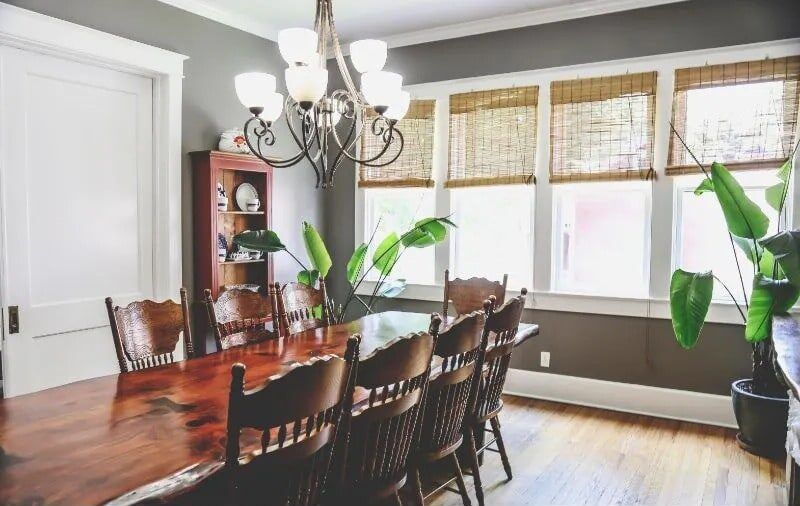Inpatient Rehab In Nashville, TN
Many people contemplate starting recovery long before they are ready to take the first step. Undoubtedly, the first step can be the most daunting part of the process. They may wonder which treatment program is right for them. Our medical inpatient rehab in Nashville, TN, might be the answer they have been looking for.
At Freeman Recovery Center, our compassionate staff helps clients understand the recovery process. Also, we walk them through each stage of their stay at our residential treatment center.
What is Nashville Inpatient Addiction Treatment?
For starters, we assess clients upon arrival at our rehab facility. Doing so helps our team determine the appropriate level of care based on their needs. Inpatient or residential rehabilitation offers unique advantages over traditional outpatient programs.
For example, clients at the facility avoid everyday influences typically associated with substance use and relapse triggers. Therefore, this allows them to focus entirely on their recovery program for the best outcome.
The supportive environment also helps build healthier lifestyle habits for lasting wellness success. Inpatient rehab offers 24/7 care and monitoring, providing clients with consistent support throughout their stay. In addition, our residential treatment programs offer a wide range of treatment services.
The primary goal of our residential addiction treatment in Nashville is to help individuals establish a strong foundation for lasting recovery. As such, we provide clients with the tools to manage their cravings and withdrawal symptoms during detox successfully.
Also, we help them identify and address any underlying mental health issues that may have contributed to their substance use disorder (SUD) development.
Who Needs Inpatient Rehab?
Inpatient rehab is an invaluable resource for anyone struggling with substance use disorder and seeking to regain control of their life. This type of rehabilitation provides a safe, secure, and supportive environment that can promote lasting recovery.
Additionally, inpatient rehab offers medication-assisted treatments by trained medical professionals. These medications reduce withdrawal symptoms while decreasing physical dependence.
People who may need inpatient rehab include:
- Those who have recently experienced a relapse after attempting to quit independently.
- Clients who need detox.
- Individuals whose substance use has become unmanageable, even with interventions like outpatient counseling or 12-step programs.
- People suffering from persistent mental health issues contribute to their addiction.
- Those who are having difficulty managing the withdrawal symptoms.
- Inpatient is the best option with safety concerns such as an unstable environment or risk of overdose.
- Clients who may have been court-ordered to enter an inpatient rehab.

It’s time to reclaim your life
Contact our team to find out how we can help you.
Start your recovery journey today
Benefits of Inpatient Rehab
Freeman Recovery is here for those struggling with addiction and co-occurring mental health disorders. We have 33 properties where we can help clients at one time. If you or a loved one need help with addiction, our treatment center in Nashville is here for you.
At Freeman Recovery Center, we provide a personalized treatment plan tailored to meet the needs of each client. The process begins by assessing the severity of substance use and any co-occurring mental health disorders. Then, we determine the appropriate level of care needed. Our residential addiction treatment in Nashville give clients the coping skills to maintain sobriety and avoid relapse.
Next, we develop a long-term strategy that addresses physical and psychological factors. Additionally, our experienced staff provides ongoing guidance and support for continuing the recovery journey. Treatment doesn’t end once somebody leaves our inpatient rehab in Nashville, TN. Research shows that the longer someone is involved with a comprehensive program, the higher their chances are of living sober for life.
Finally, we help people adjust to the next level of care after they complete our inpatient rehab. These levels of care may be either outpatient programs or sober-living homes. In addition, aftercare options may include 12-step groups and other support networks to keep clients connected even when leaving us behind. Moreover, many individuals choose to carry on with therapy sessions. So, with all these measures, the chances increase of successful long-term recovery from addiction.

Residential Program Features
- Daily group therapy
- Dual diagnosis treatment
- Medication-assisted treatment (MAT)
- Regular individual therapy sessions
- Medical and nursing support
- Trauma-informed care
- Experiential and talk therapy
- Professional clinicians
- Peer Recovery Support Specialists with lived experience
- Case management and care coordination
- Evidenced-based programming
- Relapse prevention planning
- Discharge and aftercare planning
- Family and community involvement, whenever possible

What to Expect at Our Medical Inpatient Rehab in Nashville, TN
Our residential treatment programs at Freeman Recovery Center provide a tranquil, supportive environment for clients’ recovery. Our beautiful campus in Nashville boasts 41 beds and 24/7 nursing staff support. Here, we offer educational programs tailored to individual needs in both co-ed and gender-specific settings. Our residential treatment center has separate wings designated for men and women to ensure comfort and privacy during treatment.
- Room and board (including prepared meals, transportation, laundry room access, bed linens, towels, and washcloths)
- Introduction to and participation in 12-step recovery groups
- Individual 12-Step work
- Daily chores (responsibility, action)
- Daily meetings
- Community service work involvement
- 24/7 staffing

Sample Schedule of Our Inpatient Rehab
Sample schedule of a standard day for patients at our detox and residential facility:
6:00 AM | Wake Up
7:00 – 7:30 AM | Breakfast
7:45 – 8:00 AM | Mindfulness Time
8:00 – 9:00 AM | Chores and Hygiene
9:00 AM | Group and Individual Therapy
Noon | Lunch
1:00 – 3:00 PM | Group and Individual Therapy
3:00 – 3:45 PM | Reflection Time
4:00 – 5:00 PM | Peer Support Meeting
5:15 – 6:30 PM | Dinner
6:30 – 7:00 PM | House Meeting
7:30 – 8:30 PM | Clean-Up
8:30 PM | Wrap-up & 10th Step
11:00 PM | Lights Out
Begin Inpatient Rehab In Nashville, TN
If someone is struggling with drug or alcohol addiction, they don’t have to solve the problem alone. Our residential treatment programs at Freeman Recovery provide a comfortable and safe environment where clients receive evidence-based treatment and emotional support. Our professional staff specializes in helping individuals, who are recovering from substance use disorders, learn the skills they need for lifelong recovery.
Contact us today to learn more about our highly successful inpatient rehab in Nashville, TN.
Connect With Us For An Assessment Today




